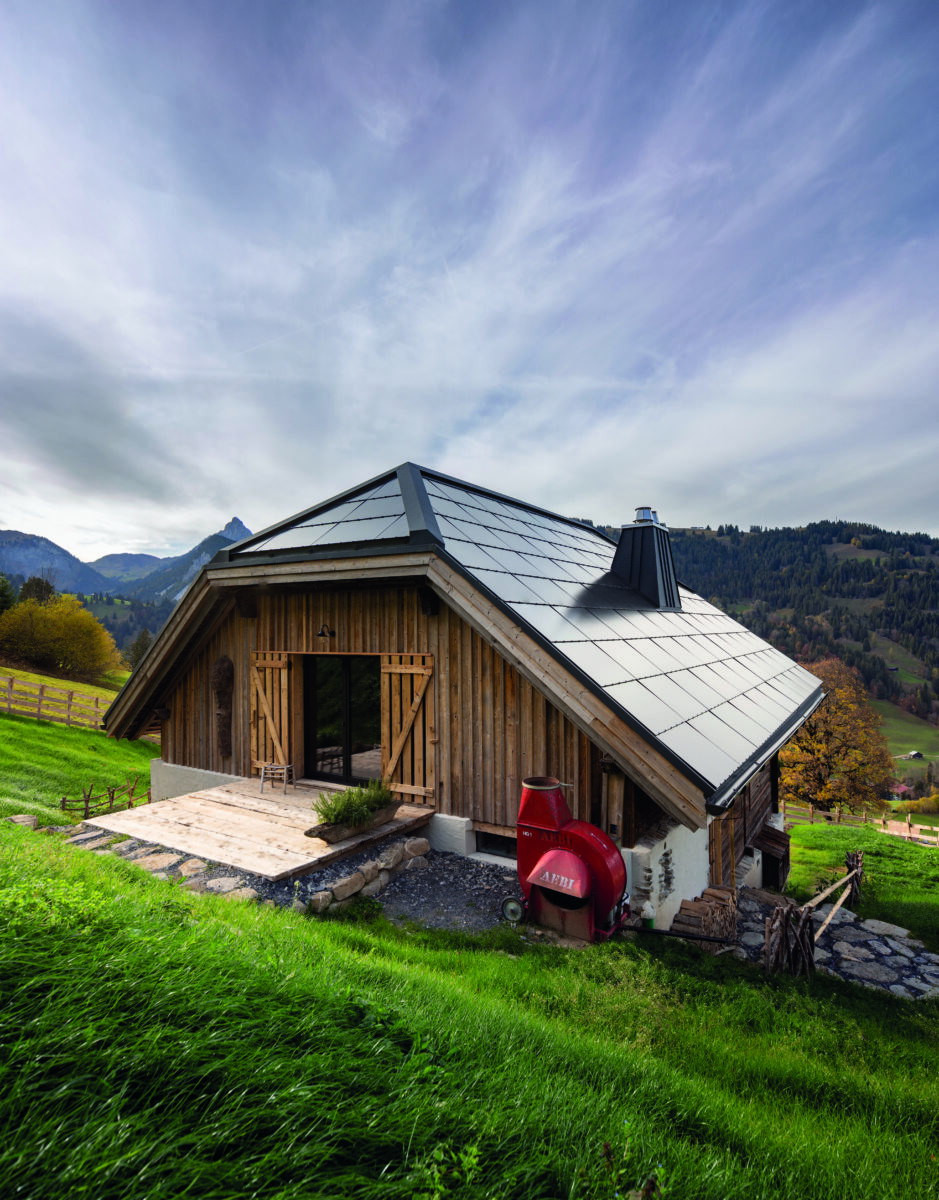Switzerland-based module provider 3S Swiss Solar Solutions has announced it will release a new series of building-integrated photovoltaics (BIPV) modules with a rated output of 225 W.
The module – dubbed the ‘TeraSlate' – is intended to be used as a roof tile or as a facade, the company announced in a press release.
“We will start producing the TeraSlate in December 2023, and shipping by the end of January or the beginning of February 2024,” head of product development Marcus Bäckmann told pv magazine. “The roof module in standard size has a price of EUR 280,-/m2 including our BIPV mounting system. The façade module in standard size has a price of EUR 390,-/m2 including our BIPV mounting system,” he added.
The press release states the product is based on the world's largest solar cell at present, the G12.
“By using more busbars, [and] electrical conductors on the cell, the current per conductor is reduced, reducing internal losses. In addition, half cells are used, halving the current, which has a positive effect on internal losses,” the press release claims.
Popular content
The product comes in four sizes and ranges from 24 half-cells to 48 half-cells. The rated output is 110 W, 225 W, 150 W and 165 W, respectively. The largest model measures 1,300 mm by 935 mm by 9 mms and records 19.6% power conversion efficiency. The smallest module measures 725 mm by 875 mm by 9 mm and records 18.8% power conversion efficiency.
All the modules are equipped with semi-tempered glass and are claimed to be suitable for alpine regions that see increased wind and snow.
The products come with a 25-year guarantee at 80% of the minimum output.
This content is protected by copyright and may not be reused. If you want to cooperate with us and would like to reuse some of our content, please contact: editors@pv-magazine.com.


By submitting this form you agree to pv magazine using your data for the purposes of publishing your comment.
Your personal data will only be disclosed or otherwise transmitted to third parties for the purposes of spam filtering or if this is necessary for technical maintenance of the website. Any other transfer to third parties will not take place unless this is justified on the basis of applicable data protection regulations or if pv magazine is legally obliged to do so.
You may revoke this consent at any time with effect for the future, in which case your personal data will be deleted immediately. Otherwise, your data will be deleted if pv magazine has processed your request or the purpose of data storage is fulfilled.
Further information on data privacy can be found in our Data Protection Policy.